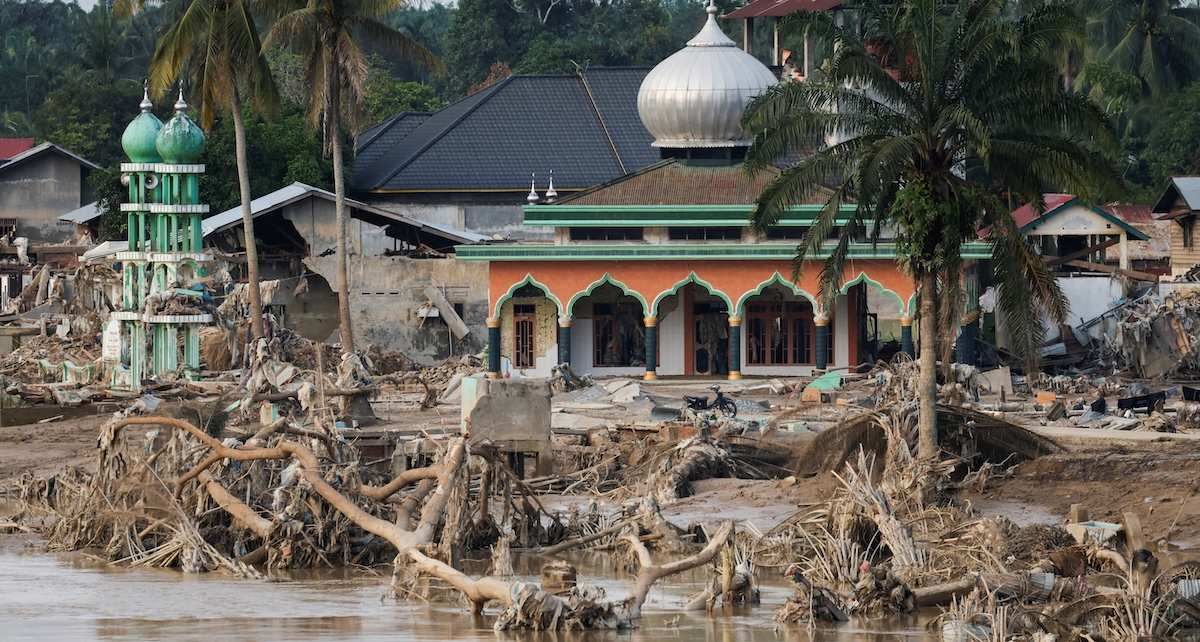News
October 16, 2018
230,000: Every year, South Korea drafts more than 230,000 young men into mandatory military service, but athletes and traditional musicians are often given exemptions. While some people now want to extend that privilege to the country’s wildly popular K-Pop stars, the defense ministry prefers to do away with the exemptions altogether: decades of low birth rates have made it hard for the army, which defends one of the most militarized borders on earth, to fill its ranks.
190: Colombia’s historic 2016 peace deal with the FARC rebel group ended half a century of conflict, but the state has been slow to re-establish control in areas surrendered by the guerrillas. As drug traffickers and other militants have moved in, they have come into conflict with local community leaders and social activists – more than 190 of whom have been murdered this year. That’s already more than twice the annual total from 2016.
100: UN officials warned this week that Yemen could face the worst famine the world has seen in 100 years within the next three months if Saudi-backed airstrikes aren’t halted. Between 12 to 13 million civilians are at risk of starvation.
60: Over the weekend, President Trump quietly signed a bill that will expand US foreign aid to countries in Africa, Asia, and the Americas by $60 billion. The bill, which creates a new foreign aid agency that will provide loans to companies operating in developing nations, is seen by many a deliberate move to counter China’s expansive One Belt, One Road initiative, which aims to deliver $1 trillion in investment.
5: Indian authorities desperately seeking to trap a killer wild tigress are turning to a chic solution: luxury perfumes, which have been shown to attract felines. Chanel No. 5 is evidently a big hit with big cats, but for the time being they are using Calvin Klein Obsession because it is cheaper. The tigress in question has killed more than a dozen people and evaded capture for months.
More For You
Most Popular
Fishing boats moored at Taganga Beach, as fishermen express concern over unclear US government videos showing strikes on vessels during anti-narcotics operations, amid fears that those targeted may have been fishermen rather than drug traffickers, in Santa Marta, Colombia, on October 20, 2025.
REUTERS/Tomas Diaz
Walmart’s $350 billion commitment to American manufacturing means two-thirds of the products we buy come straight from our backyard to yours. From New Jersey hot sauce to grills made in Tennessee, Walmart is stocking the shelves with products rooted in local communities. The impact? Over 750,000 American jobs - putting more people to work and keeping communities strong. Learn more here.
© 2025 GZERO Media. All Rights Reserved | A Eurasia Group media company.
